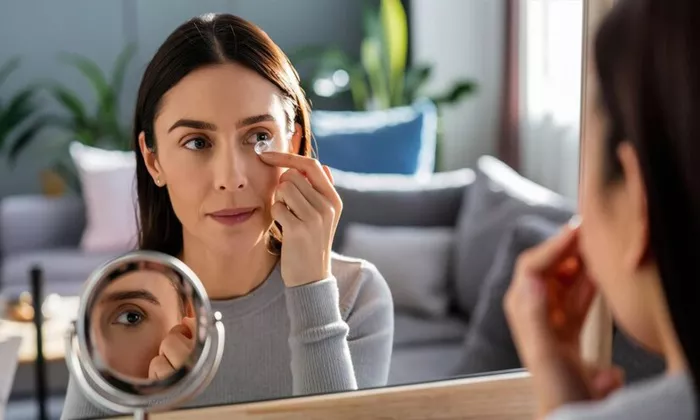While many attribute under-eye bags to a restless night, these dark circles could signal something more serious – an iron deficiency, which can lead to anemia with potentially severe health implications if left untreated.
According to experts from Effect Doctors in London, iron deficiency is the most common nutrient deficiency worldwide, with approximately 30% of the global population affected by iron-deficiency anemia. Although under-eye circles are typically associated with fatigue, in some cases, they can indicate insufficient oxygen supply to the eye tissues due to iron deficiency.
While a lack of sleep is the most common culprit for dark circles, the NHS warns that the symptoms of iron deficiency anemia extend beyond tired eyes. Common signs include pale skin, headaches, fatigue, and shortness of breath. In more severe cases, individuals may experience additional symptoms, such as hair loss, tinnitus (ringing in the ears), or even pica, a condition characterized by cravings for non-food items like paper or ice. However, a professional medical diagnosis is necessary to confirm whether these symptoms are linked to iron deficiency.
To determine if you have iron deficiency anemia, your GP will begin by reviewing your lifestyle and medical history. If the cause of the anemia is unclear, further tests may be ordered, and you may be referred to a specialist for additional evaluation.
For those concerned about iron deficiency, the NHS advises incorporating more iron-rich foods into the diet. Leafy greens like kale, meat, pulses, and dried fruits such as apricots and raisins are all excellent sources of iron. However, it’s important to avoid consuming large quantities of tea, coffee, milk, and dairy products, as they can hinder the body’s ability to absorb iron.
If you’re struggling to include enough iron in your diet, the NHS suggests consulting with a specialist dietitian to help manage your nutritional needs.
Related topic:
Andrew Garfield Assists Goldie Hawn at 2025 Oscars After Cataracts Reveal
AI-Powered Glaucoma Screening Could Revolutionize Early Detection
Optometrists Can Detect Serious Health Conditions Beyond Vision Problems


